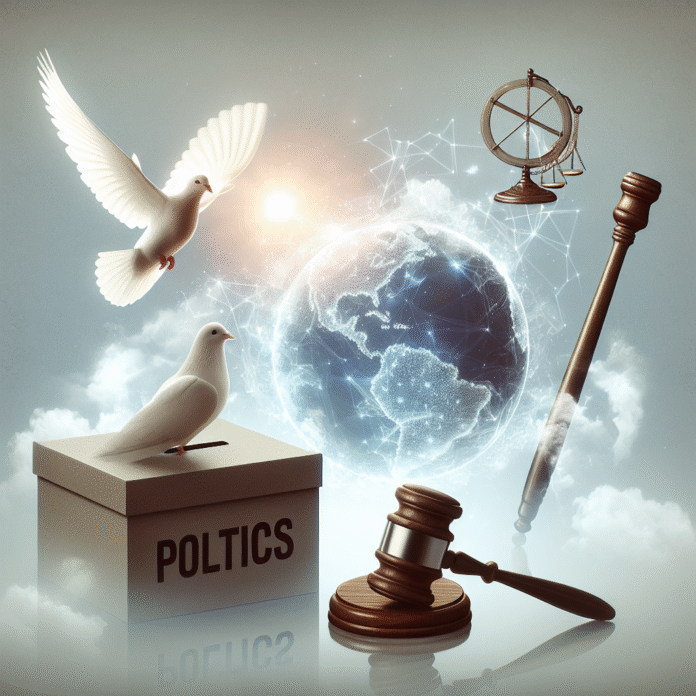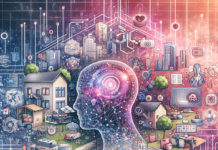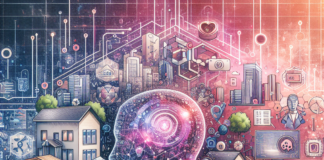Understanding Politics: A Multifaceted Landscape
Introduction
Politics is an intricate and often contentious field that affects every facet of our lives, from the laws we live by to the societal norms we navigate daily. It encompasses governance, power dynamics, public policy, and the roles of individuals and groups in shaping societal outcomes. In this article, we will explore the various dimensions of politics, its significance, and the ways it manifests in our lives.
What is Politics?
At its core, politics can be understood as the process through which individuals and groups make decisions that affect a community or nation. This process often involves:
- Power Dynamics: The struggle for power, which dictates who gets what, when, and how.
- Governance Structures: The institutions through which political authority is exercised, such as governments, parliaments, and judicial systems.
- Public Policy: The decisions and actions taken by government entities to address public issues, ranging from healthcare to education and infrastructure.
The Importance of Politics
1. Influence on Daily Life
Politics is not just a topic for academic discourse; it directly impacts our everyday experiences. Local, state, and federal policies influence access to education, healthcare, jobs, and social services. For example, decisions about taxation can determine the amount of funding available for public schools, while healthcare policies can affect access to medical services.
2. Social Change and Justice
Politics serves as a vehicle for social change, allowing marginalized groups to advocate for their rights and interests. Movements for civil rights, gender equality, and environmental justice all stem from political engagement. By participating in the political process—whether through voting, activism, or advocacy—citizens can challenge injustices and influence policy reforms.
3. International Relations
The realm of politics extends beyond national borders and into international relations. Diplomacy, international law, and global policy decisions shape relationships between countries and can have profound implications for peace, security, and economic stability worldwide. Issues such as climate change, trade agreements, and military alliances are all rooted in political negotiations and actions.
Different Political Systems
Politics manifests differently across the globe, influenced by cultural, historical, and social factors. Common political systems include:
-
Democracy: Power is vested in the people, who elect representatives to make decisions on their behalf. Example: The United States.
-
Authoritarianism: A single entity or party holds significant power with little to no input from the populace. Example: North Korea.
-
Monarchy: A king or queen rules the state, often inheriting the position. In constitutional monarchies, the monarch’s powers are limited by law. Example: United Kingdom.
-
Communism: The state controls the economy, aiming for a classless society, with the ruling party typically overseeing governmental functions. Example: China.
The Role of Citizens
Citizens play a crucial role in politics, shaping policies through various forms of engagement:
-
Voting: A fundamental civic duty, voting allows citizens to express their preferences and hold elected officials accountable.
-
Activism: Grassroots movements and advocacy groups mobilize communities to influence policy and raise awareness on critical issues.
-
Public Discourse: Engaging in discussions, debates, and dialogues can foster a more informed electorate and encourage active participation in the political process.
Conclusion
Politics is an ever-evolving landscape that reflects societal values, conflicts, and aspirations. Understanding its mechanisms allows individuals to navigate the complexities of governance and engage meaningfully in their communities. As we move forward, fostering informed discussions and encouraging active participation can help shape a more equitable and just society. In the end, every voice matters in the rich tapestry of politics.






